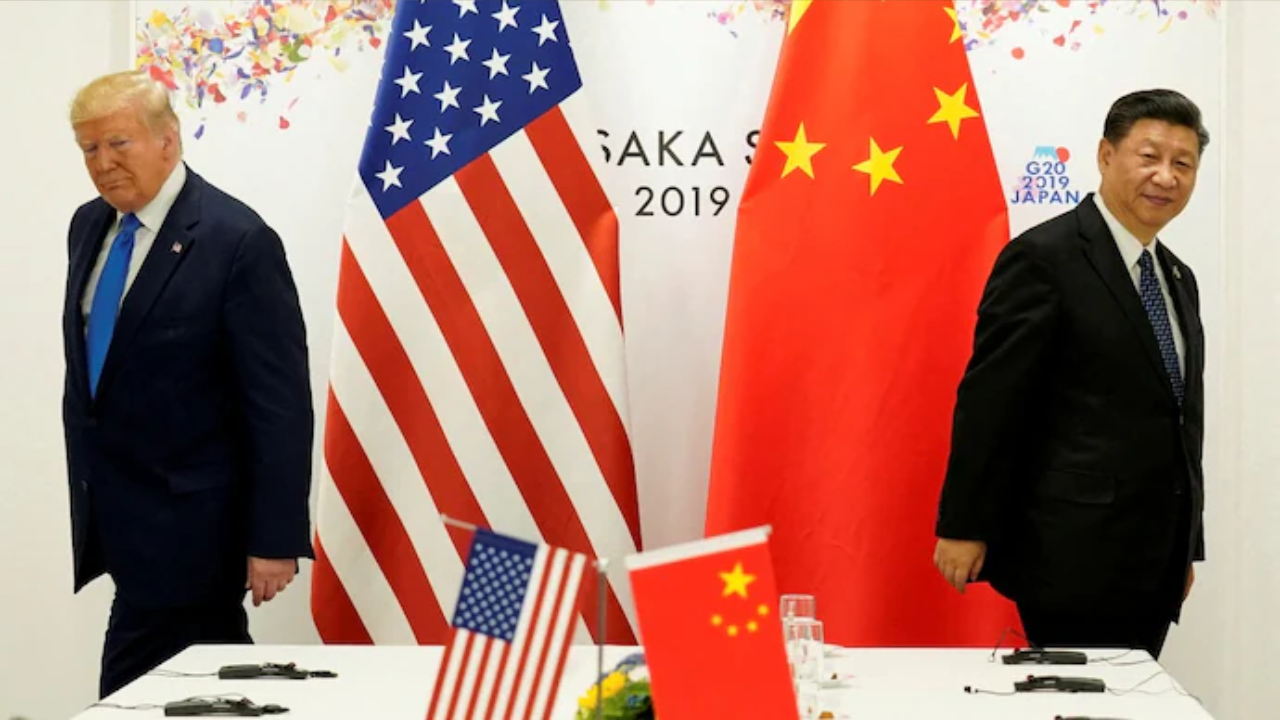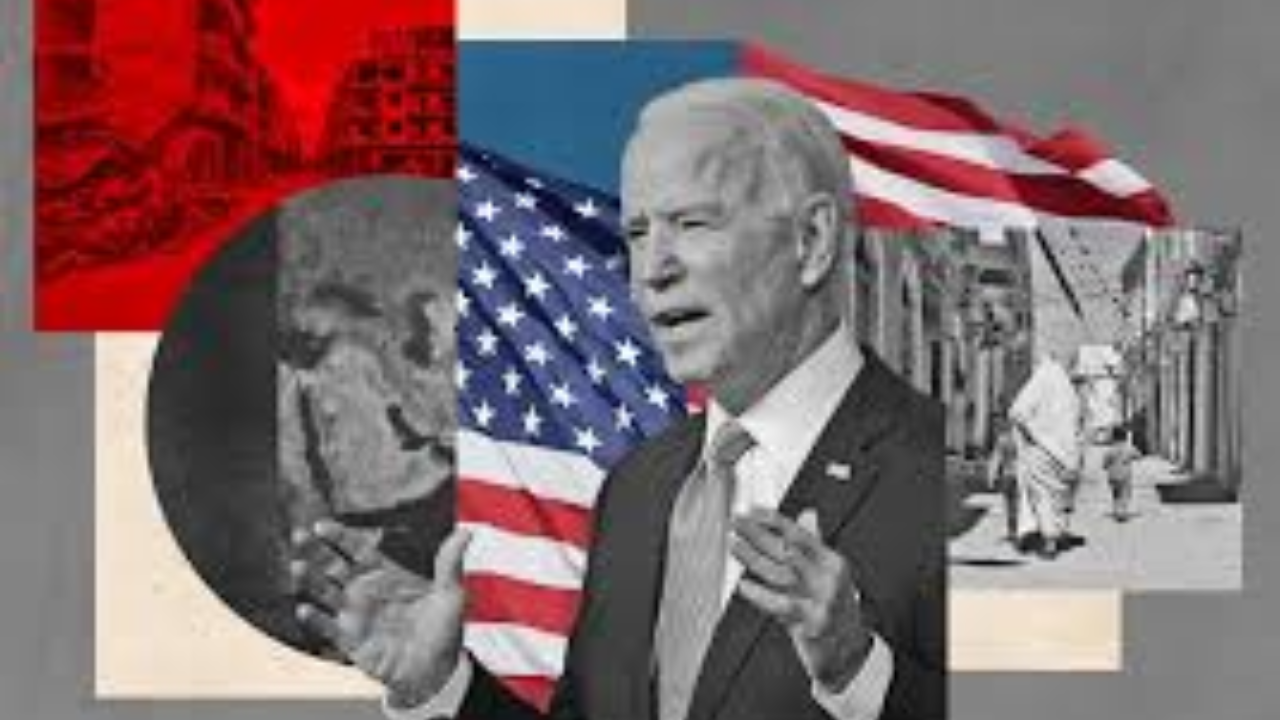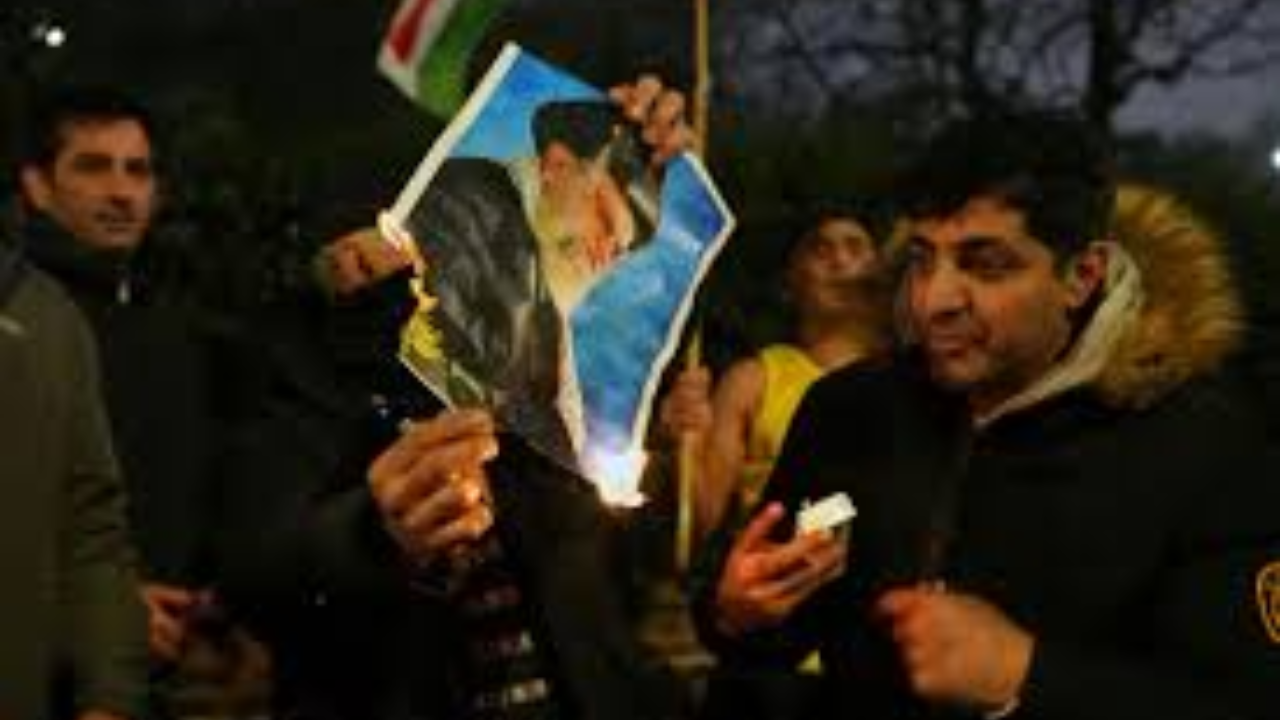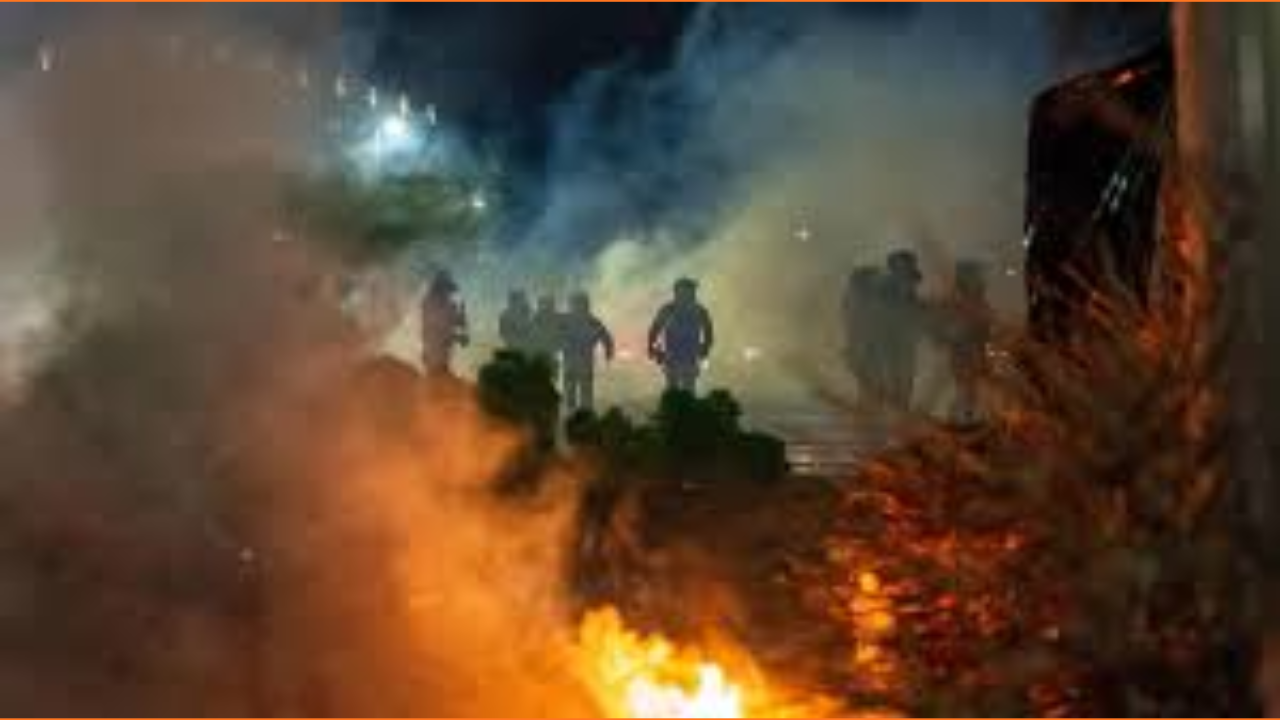A Chinese diplomat in India has issued a sharp warning to Washington, urging the US to “correct its mistakes” or face a necessary response from Beijing as the trade war escalates.
Thank you for reading this post, don't forget to subscribe!The stern message from Chinese Consul General in Kolkata, Xu Wei, comes days after US President Donald Trump announced an additional 100 per cent tariff on Chinese imports, set to take effect on November 1. These new duties would be imposed over and above tariffs China is already paying.
China’s Stance and Retaliation
“We don’t want any conflict. But if we are pushed, we will definitely respond. We will fight, but our doors are open,” Wei stated. He emphasized that cooperation is mutually beneficial, but China will take steps to protect its rights if the US does not relent.
In a concrete move of retaliation, China’s imports of US soybeans dropped to zero in September—the first time this has happened since November 2018. Chinese buyers are now sourcing their supply from South America, putting billions of dollars in sales at risk for US farmers.
Trump’s “Secondary Tariff” Strategy
The US tariff escalation is linked to Trump’s new “secondary tariff” approach, which is reportedly designed to target nations that indirectly support Russia’s wartime economy through energy trade.
The announcement followed China’s decision to expand export controls on rare earth elements, which are critical for high-tech manufacturing. Trump reacted by suggesting China plans to “hold the global economy hostage” and said he saw “no reason” to hold his previously announced meeting with President Xi Jinping in South Korea.
A Call for China-India Unity
Amid the rising global tensions, Consul General Xu Wei highlighted the need for cooperation between China and India. He noted that India is also facing a trade dispute with the US, which imposed tariffs as steep as 50 per cent on New Delhi over its continued purchase of Russian oil.
“Not only China, but the US and India also need cooperation because cooperation benefits and confrontation hurts everyone,” Wei said. Highlighting strong commercial ties, he noted that bilateral trade between China and India reached USD 115 billion from January to September 2025.
To further enhance connectivity, direct flights between the two countries are scheduled to resume on October 26.
This latest diplomatic exchange underscores the increasing risk of a full-blown trade war and the geopolitical tensions now driving global economic policy. Do you think this latest round of tariffs will lead to a new trade agreement between the US and China, or will it only deepen the conflict?

















